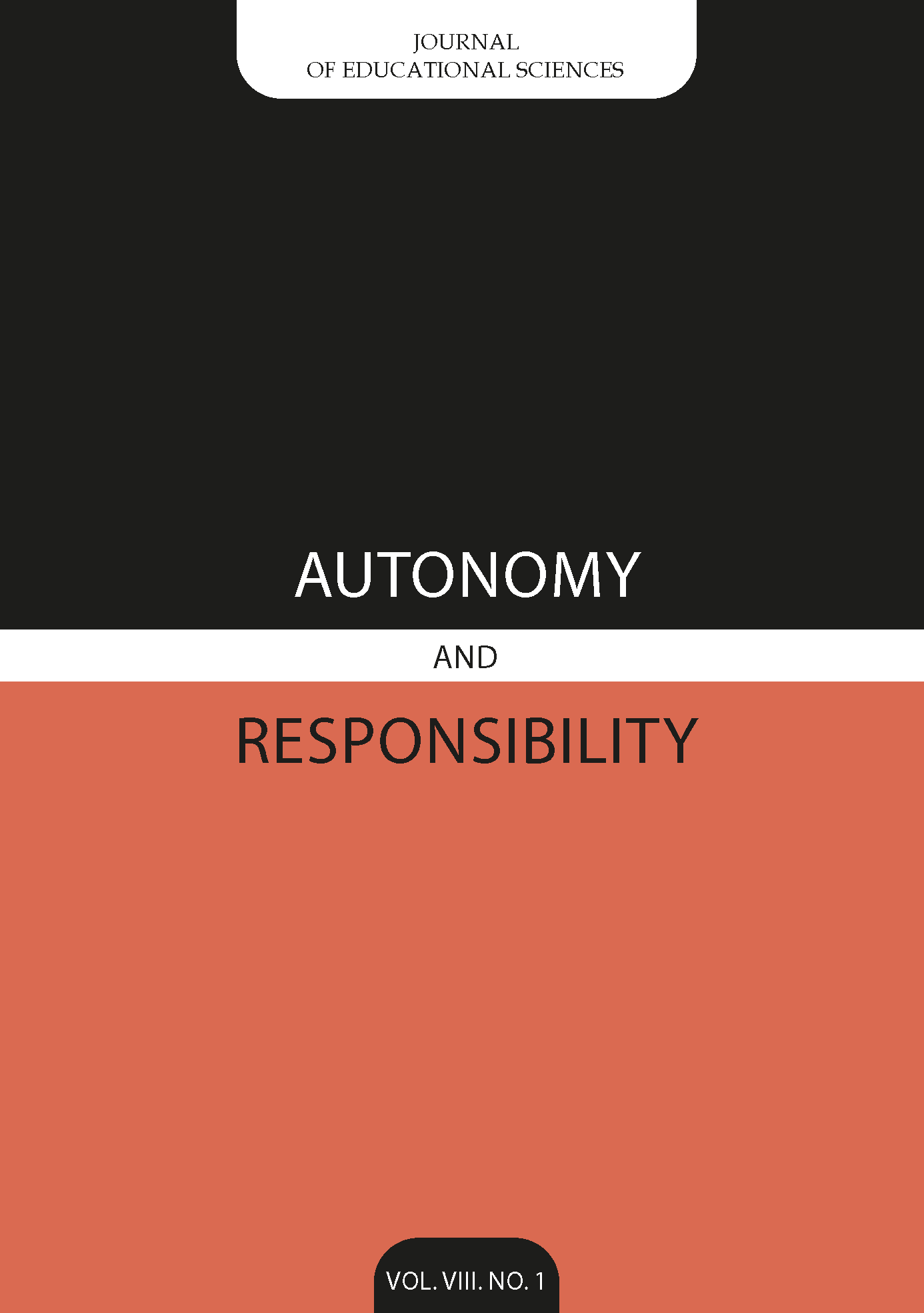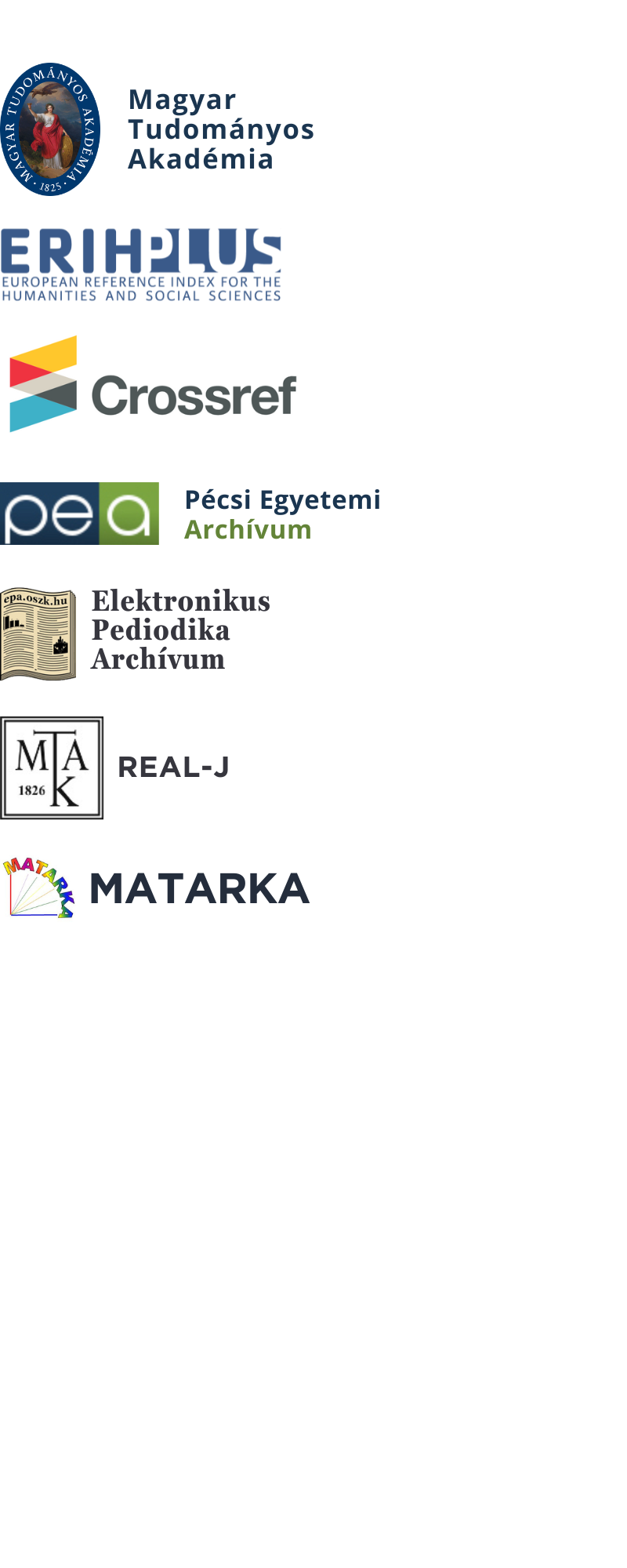A virtual peer tutoring project to improve communication skills
DOI:
https://doi.org/10.15170/AR.2023.8.1.4.Keywords:
peer tutoring, peer learning, educational innovation, language learning, virtual learning environmentAbstract
This article exposes an educational proposal of virtual reciprocal peer tutoring that has been devised to improve communication skills between primary school students from Catalonia and Scotland by each developing the role of tutor in their language, and that of tutee in the foreign language based on a virtual exchange. The results of this experience show that offering communication tools and strategies to students during initial training in their role as a tutor can be beneficial to satisfactorily fulfil their role, as well as anticipate future synchronous interaction in the foreign language. For later implementations, it is determined that the degree of participation and involvement of the student tutors in the preparation of the materials for their respective tutoring could increase the learning opportunities of both sides. This experience is easily applicable to different languages and countries.
Downloads
Downloads
Published
How to Cite
Issue
Section
License
Copyright (c) 2023 Ivet Garriga, Maria González, David Duran

This work is licensed under a Creative Commons Attribution-NonCommercial-NoDerivatives 4.0 International License.



